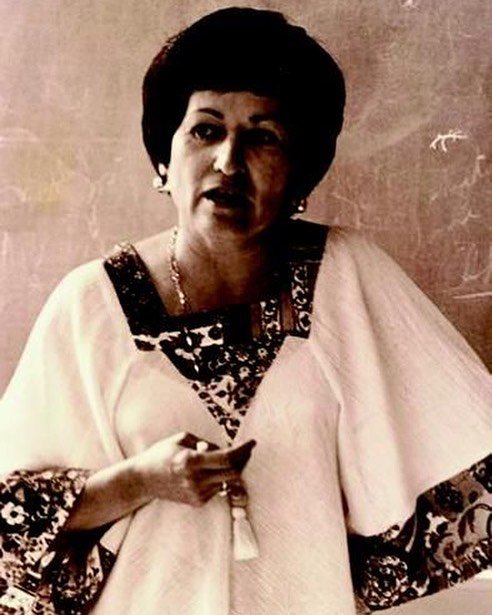
In the world of psychology, there are giants whose shoulders we stand upon today. Martha E. Bernal is one such giant, a trailblazer whose work paved the way for greater diversity and understanding in the field. Let’s delve into her life and contributions, celebrating her impact in simple terms that anyone can understand.
Early Life
Martha Euphemia Lofton Bernal was born on January 23, 1931, in San Antonio, Texas. Growing up in a time when opportunities for people of color were limited, Martha faced many challenges. But she was determined and resilient, with a passion for learning burning bright within her.
Education and Career
Despite the obstacles, Martha pursued her education with fervor. She attended the University of Texas at Austin, where she earned her bachelor’s degree in psychology. Later, she went on to receive her master’s and doctoral degrees from the University of California, Berkeley.
Her career was marked by a commitment to understanding and addressing the unique experiences of marginalized communities, particularly Latinx individuals. Martha became a leading voice in the field of psychology, advocating for diversity and inclusion in research and practice.
Contributions to Psychology
One of Martha’s most significant contributions was her groundbreaking research on cultural diversity and mental health. She recognized the importance of considering cultural factors in psychological assessment and treatment, challenging the prevailing notion that one-size-fits-all approaches could adequately address the needs of diverse populations.
Martha’s work highlighted the importance of cultural competence among psychologists, urging them to consider the cultural backgrounds of their clients and tailor their interventions accordingly. This perspective revolutionized the field, leading to greater recognition of the role of culture in shaping individual experiences and behaviors.
Legacy
Martha E. Bernal’s legacy extends far beyond her academic achievements. She was a tireless advocate for social justice, using her platform to amplify the voices of marginalized communities. Her pioneering efforts paved the way for greater diversity and representation in psychology, inspiring countless individuals to pursue careers in the field.
Today, Martha’s influence can be seen in the increased emphasis on cultural competence and diversity training within psychology programs. Her work continues to shape the way psychologists approach their practice, ensuring that all individuals receive the care and support they need, regardless of their background.
Conclusion
In a world where diversity is often overlooked, Martha E. Bernal stood as a beacon of hope and progress. Her unwavering dedication to understanding and uplifting marginalized communities has left an indelible mark on the field of psychology. As we celebrate her legacy, let us remember the importance of inclusivity and empathy in all that we do. Martha’s work reminds us that by embracing diversity, we can create a brighter and more equitable future for all.

